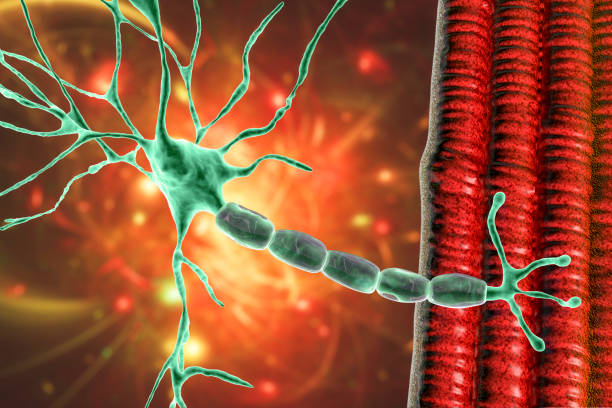Botulism is a rare illness caused by toxins (botulinum toxin) that attack the nervous system; its types include food-borne, wound and infant botulism. The toxin is produced by a bacterium called Clostridium botulinum, and all forms of botulism lead to paralysis, which begins in the face, throat, eyes, and mouth and then spreads to the neck, arms and legs.
Therefore, any case of this infection is treated as a medical emergency. This is a life-threatening infection that can paralyse the muscles involved with breathing; in the past, it often led to death, but with antitoxins, the complications have been significantly reduced.
Causes
Botulism is caused by the Clostridium botulinum bacteria, sometimes present in untreated water and soil; it can contaminate wounds, foods, and water. The spores of the bacteria can survive in different environments, including canned foods. So when you consume any contaminated food or water, or if it comes in contact with your wounds, the bacteria gets into your body, produces toxins in your bloodstream that attacks the nervous system.
Symptoms of Botulism
The symptoms of this illness depend on the type you are infected with.
The symptoms of food-borne botulism include:
- Nausea.
- Diarrhoea.
- Vomiting.
- Abdominal distention.
- Constipation.
- Weakness
- Trouble with breathing
- Blurred vision
- Drooping eyelids.
- Facial weakness.
- Dysphagia.
- Dry mouth.
- Speech slurring.
- Difficulty swallowing.
- Paralysis.
Without prompt treatment, the muscles involved in breathing will also be paralysed, and this could lead to respiratory failure and death. The symptoms usually appear between 18 and 36 hours after consuming the contaminated food.
Wound botulism affects the nerves that connect the spine to the brain, such as the cranial nerve, and then it spreads to the body. The symptoms are the same as those of food-borne botulism. However, the symptoms of wound botulism do not appear early; the incubation period is usually 4 to 14 days.
In infant botulism, the common signs include:
- Constipation.
- Bad temper.
- Sagging eyelids.
- Lethargy and listlessness.
- Slow or improper reflexes.
- Poor feeding.
- Floppiness and poor muscle tone.
- Excessive drooling when feeding.
- No gag reflex.
- Flat facial expression.
- Weak crying weakly.
- Respiratory difficulties.
- Weak sucking.
- Unfocused eyes.
The incubation period for this type of botulism is 3 to 30 days, and
Treatment
This condition is treated with antitoxins, preventing the toxins from causing further nerve damage, but this does not repair the damage already done. You may also need to be hospitalised for some weeks or months till you are entirely healed, depending on the severity of your symptoms.
For very severe cases with respiratory problems, a ventilator or breathing machine will be needed until you can breathe on your own. Treatment will get rid of the toxins, but the symptoms, such as paralysis and breathing problems, will improve slowly over time. Also, people with wound botulism may need surgery to remove the source of the bacteria and may also need antibiotics.



